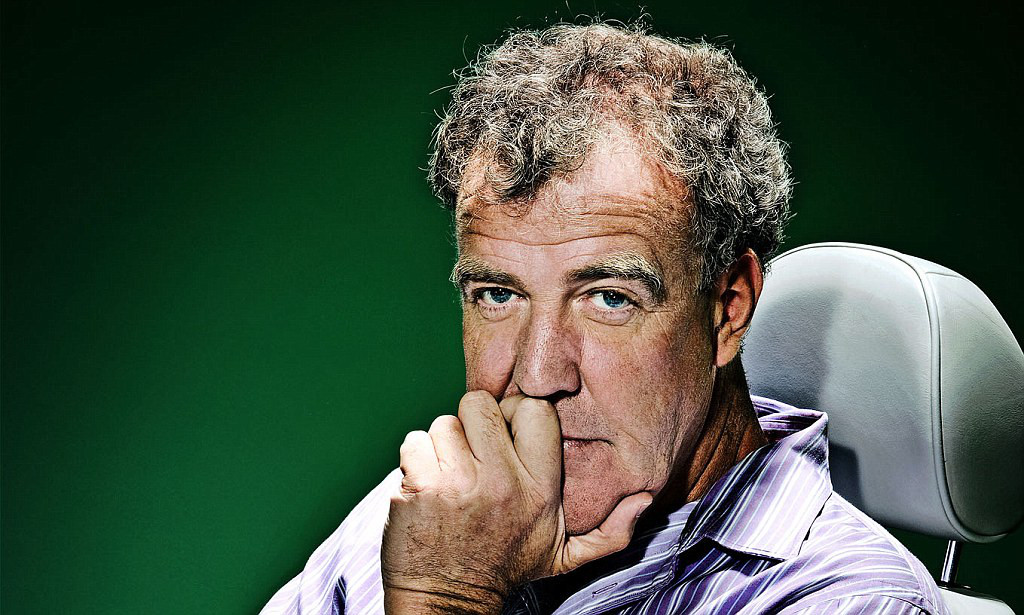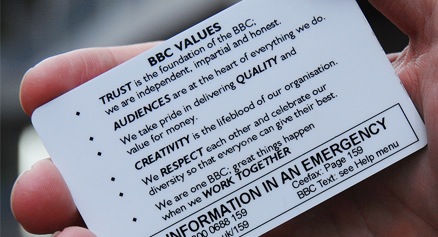Imagine the situation. One of your top performers comes into the office and tells you he was involved in a ‘fracas’ with a colleague. He has a big personality, is hugely popular with your customers and generates amazing commercial success. He seems irreplaceable. This isn’t the first time you’ve had issues, but this time a colleague has ended up in hospital.

This, of course, is the situation which faced the BBC management when Top Gear presenter, Jeremy Clarkson, reported a physical and verbal incident with producer Oisin Tymon. After a two week investigation, the BBC decided that Jeremy had to go. However, it can’t have been an easy decision: the commercial implications for the BBC are significant.
As someone involved in leadership training and organisational development, the issue is a fascinating one for me. I believe it’s in the difficult decisions like this, when leaders and organisations reveal their true values – regardless of what is written on the corporate website. The BBC has six stated values, which we’ll explore four of below. The question is: in firing Clarkson, have they managed to stay true to these values?
1) Doesn't the BBC care about their 'customers'?
The customer is king, right? Well, large numbers of the BBC’s ‘customers’ – license paying viewers and worldwide consumers of BBC content alike – have been enraged by the decision. Over a million people signed an online petition to reinstate Clarkson within a few days and #RIPTopGear began trending almost as soon as the announcement was made. It is hard not to see this decision as a time where the BBC have not put their audience needs first. For many other organisations, some expression of “customer satisfaction” is high up the corporate values list. Are there times when customer satisfaction needs to yield to other priorities in your organisation, or will you bow to customer pressure – no matter what?Is the BBC license fee even worth it anymore #RIPTopGear
— Øwen (@OwenDaviessss) 29 May 2016
2) Doesn't the BBC want to make money?
BBC Value – “We take pride in delivering quality and value for money. We are demanding of ourselves. We ask for help when we need it and know where we need to up our game. We challenge waste and spend money as if it were our own. We channel our energy into making things better and change or stop things that aren’t working.”
#RIPTopGear i guess the BBC doesn’t like making money
— uptop intern (@PJwasHere) 25 March 2015
The level of disbelief in the Twitter-sphere on this one was incredible!
Top Gear is a huge revenue earner for BBC Worldwide – the commercial arm which sells BBC content and merchandise abroad. The decision could also spell the end for one of the corporation’s best known global brands. As many have observed: no Jeremy, no Top Gear.
Since the BBC is funded by increasingly stretched license fee payer’s money, shouldn’t it do all it can to preserve this rich revenue stream?
The BBC’s only value which mentions money is more focussed on quality and value for money than income generation. In deciding to sack Clarkson, rather than skirt around the issue, it does seem they are demonstrating that ‘making money’ is not the most important value for the organisation. Although the decision is incomprehensible to many, it seems they should be applauded on acting in line with their stated values. Let’s see if other broadcasters will hold the profit motive higher and extend a hand to Clarkson.
And the values at the heart of the decision
There are different opinions on whether the BBC’s decision was good for creativity, viewer needs and value for money. However, there can be much less dispute when it comes to two other values: Trust and Respect. Perhaps that’s why Twitter has been relatively silent on the areas which are the most powerful reasons why Clarkson had to go.
3) Can we trust the BBC?
BBC Value – “Trust is the foundation of the BBC; we are independent, impartial and honest. We’re truthful and fair in all our dealings. We make decisions based on our values, stick by them and take responsibility for them. We behave with integrity and do what we say we’re going to do.”
You might remember how the abuse scandals around celebrity BBC staff (Rolf Harris, Stuart Hall and Jimmy Saville) rocked the BBC. A poll at the time showed that nearly half of people had less trust in the BBC after the Saville scandal. These allegations had a few disturbing similarities. In each case, major celebrities who were popular with the public, commercially successful and also forceful characters, were not challenged as they behaved badly and even illegally. They were too powerful to upset.
Clearly sexual abuse is not the same as assaulting a colleague, but there are other obvious parallels with the Clarkson case. In giving Jeremy Clarkson the same treatment any other member of staff would receive, are the BBC now showing that they are serious about making trust a foundation?
4) Can you show respect while punching someone in the face?
BBC Value – “We respect each other and celebrate our diversity. We respect all our colleagues, whoever they are. We’re honest, direct and always courteous. We challenge others’ ideas but we respect decisions once made. We are ambassadors for our organisation; we speak out if something is not right and deal with it within the BBC.”
And here comes the final nail in the coffin. As the BBC released details of Clarkson’s ‘fracas’, the extent to which he had violated this value – and indeed broken the law – became clear:
- “the verbal abuse was directed at Oisin Tymon on more than one occasion – both during the attack and subsequently inside the hotel – and contained the strongest expletives and threats to sack him. The abuse was at such volume as to be heard in the dining room, and the shouting was audible in a hotel bedroom”
- “the physical attack lasted around 30 seconds and was halted by the intervention of a witness. During the physical attack Oisin Tymon was struck, resulting in swelling and bleeding to his lip”.
Respect is another word that often features in the written values of organisations around the world. In our experience it is also one which is often conveniently ignored when the going gets tough. We make exceptions for disrespectful behaviour and find it far harder to confront than performance issues.
The BBC must be commended in his case for making the brave decision to recognise that a red line had been crossed and to respond strongly. Seeing them put their money where their corprate values are is a good step in building trust.
Making decisions when are values are at stake
The reality is that every organisation and leader will face times when they have to make tough decisions which have a big impact. Here are some questions which will prepare you as a leader for when those situations arise:
- Are you clear what you organisation’s and your own personl values are?
- Do you keep the values visible and fresh in everyone’s mind (like the BBC’s security cards)?
- What are the standards of behaviour you expect and are there any red lines in behaviour you will never tolerate?
- Which are your most important one or two values: the ones which you would prioritise over all others?
- Have you developed a habit of actively considering how to reflect your values in each decision?
Answering these questions for yourself and in your team is a foundational step in preparing for tough decisions. Get ready make brave choices that you will be proud of.



